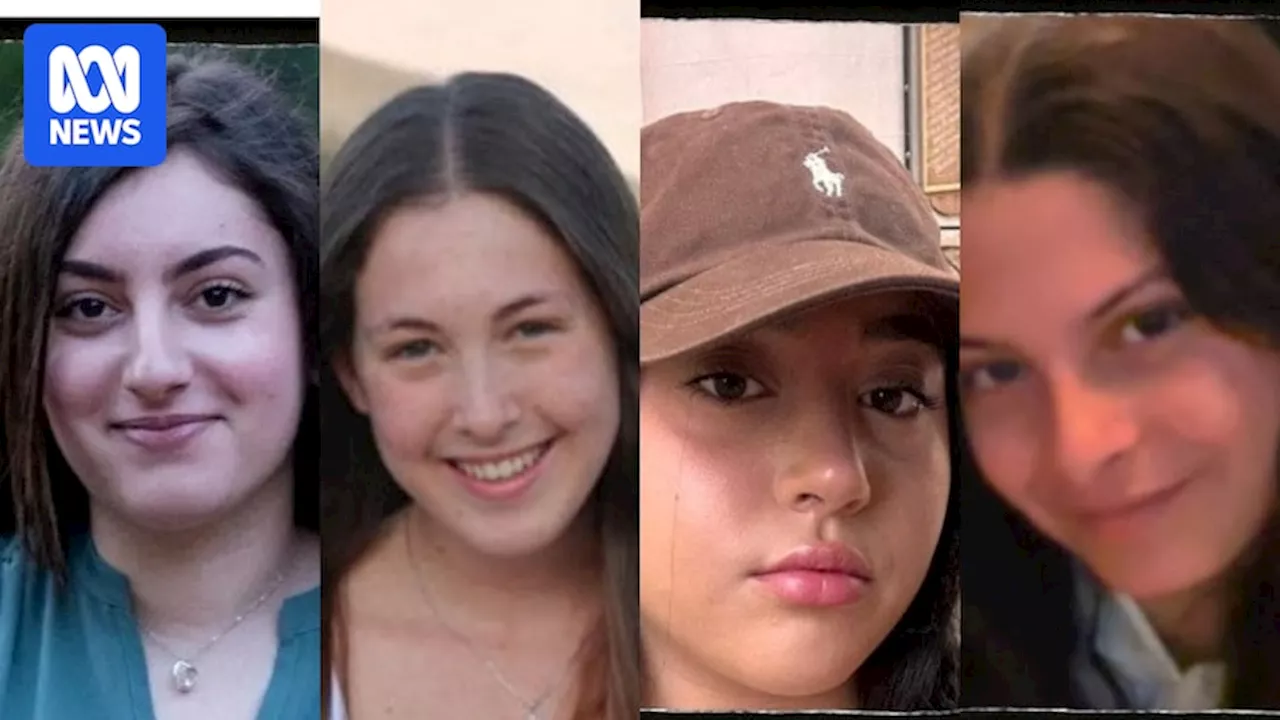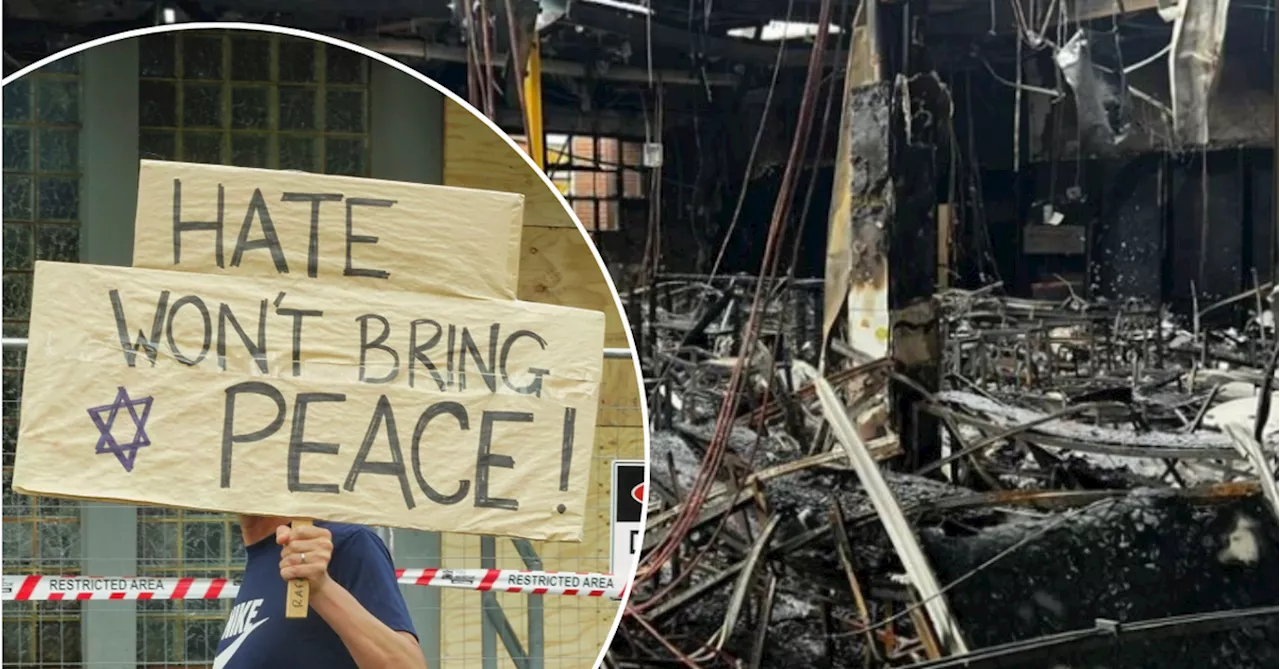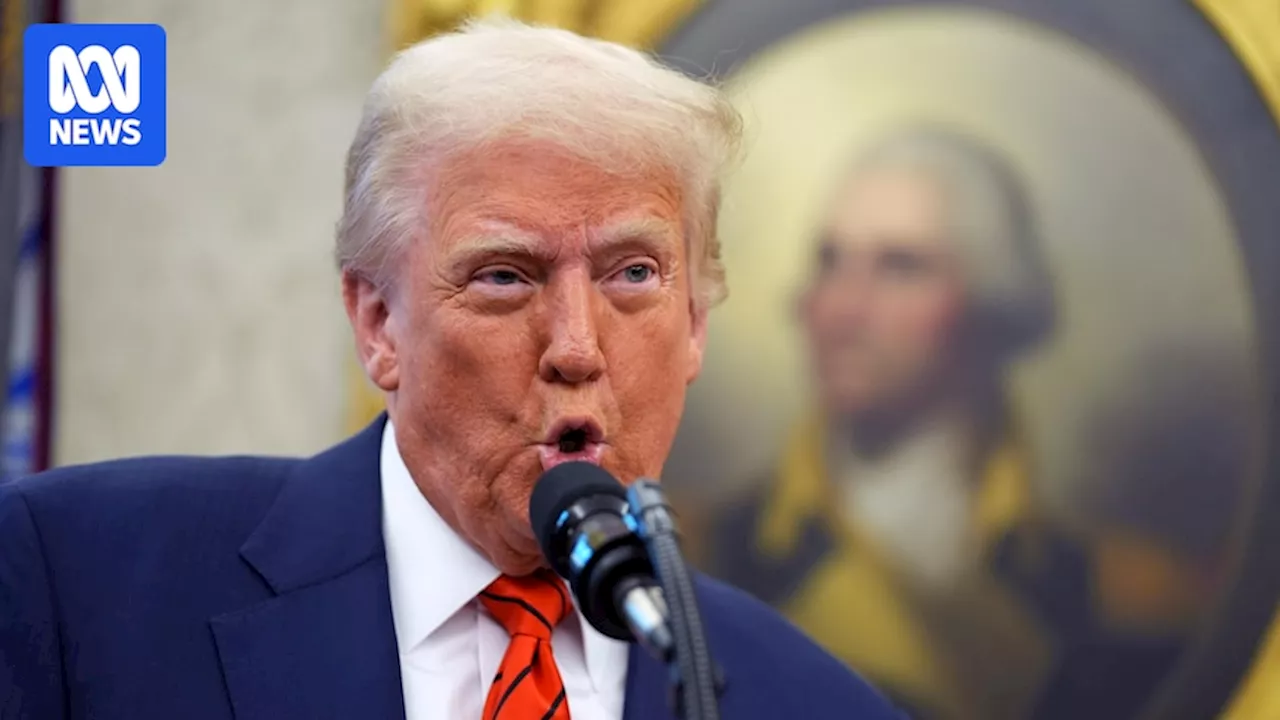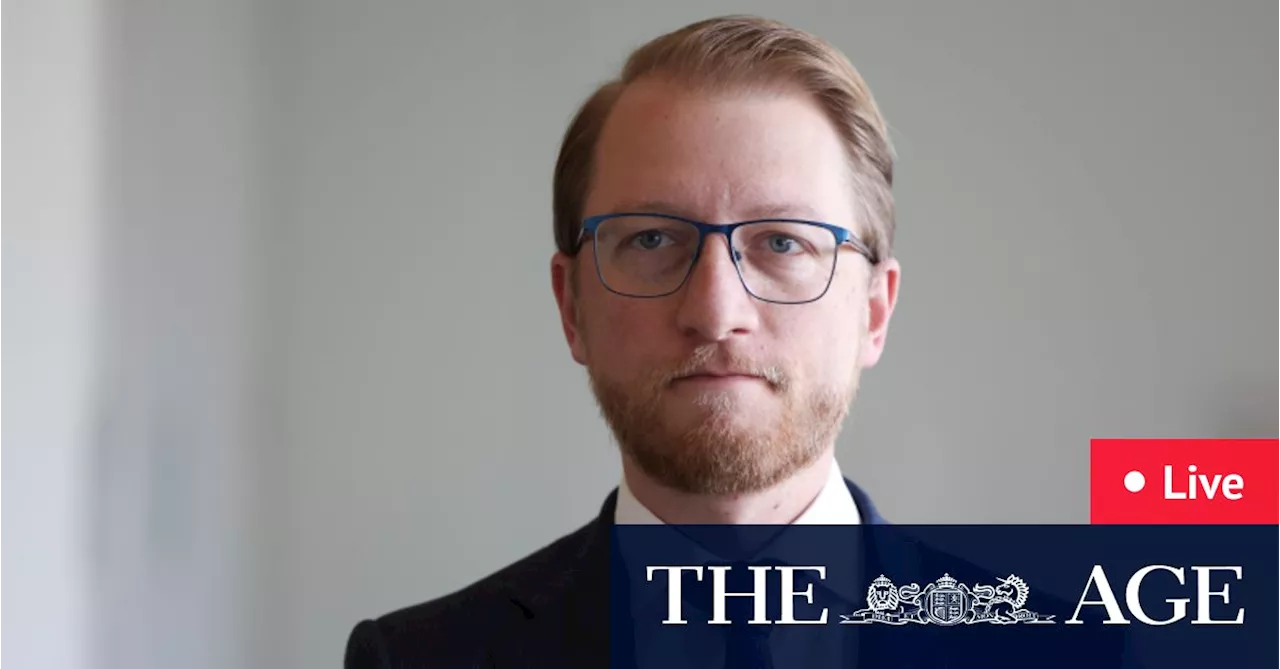The Israel-Gaza conflict and Donald Trump's return to the political scene have dramatically reshaped Australia's political landscape, creating a period of unprecedented uncertainty and division. Political parties grapple with the complexities of navigating international crises and addressing the anxieties of a changing electorate.
The political landscape in Australia is undergoing a dramatic transformation, fundamentally reshaped by global events and the tumultuous return of Donald Trump to the political scene. Experts warn that the current situation, characterized by a constant barrage of international conflict and fractured media narratives, resembles the period of social and political upheaval seen during the Vietnam War.
Former home affairs department secretary and political observer Mike Pezzullo highlights the unprecedented interconnectedness of domestic and international politics. He points to the rapid succession of crises, from the war in Gaza to potential flare-ups in Ukraine and the growing tensions between China and the United States, as constant threats to distort and overshadow political discourse.Voters, facing this unfamiliar and unsettling reality, are grappling with shifting definitions of what constitutes the 'political middle ground.' The lines between extremism and sensible positions are becoming increasingly blurred, leading to heightened anxieties about social cohesion. Political strategists report a noticeable spike in community concerns regarding social harmony, reflecting a sense of unease and uncertainty among many Australians. Some voters question the direction of their country, wondering how the conflicts of others have infiltrated their shores and jeopardized their sense of security. Others express skepticism, accusing political actors of exploiting these anxieties for their own gain. While the ultimate impact of this maelstrom on specific political parties remains unclear, it presents significant challenges for all players.Anthony Albanese's Labor party finds itself navigating a particularly treacherous terrain. The war against Hamas and the destruction in Gaza have drawn criticism from both sides of the spectrum. Labor is caught between the demands of pro-Palestinian Australians seeking stronger condemnation of Israel's government and the concerns of local Jewish communities facing rising antisemitism. This tension reached a boiling point following Trump's suggestion to take control of Gaza, which some perceived as a veiled call for ethnic cleansing. Albanese faced criticism from those who believed he should have forcefully denounced the president's proposal, while others viewed his measured response as a missed opportunity to acknowledge Trump's attempt to introduce a fresh perspective to a long-standing conflict. The political ramifications of this delicate balancing act are particularly significant in areas like western Sydney and Melbourne, home to substantial Muslim and Jewish populations. The outcome in these crucial electoral battlegrounds will likely hinge on how effectively Labor can navigate these complex and emotionally charged issues.Independent candidates, particularly those aligned with the Teal movement, also face considerable challenges. MPs like Zoe Daniel, Monique Ryan, and Allegra Spender, representing electorates with large Jewish communities, must tread carefully to avoid alienating voters concerned about antisemitism. While some analysts predict that fears of antisemitism will drive Teal voters back to the Liberal Party, despite Peter Dutton's more socially conservative stance, the situation remains fluid.On the other side of the political spectrum, the Liberal Party, under Peter Dutton's leadership, grapples with its own set of concerns. Dutton's unwavering pro-Israel stance, while appealing to a core segment of his base, risks alienating potential voters in lower-income battlegrounds who are more sympathetic to the Palestinian cause. The Coalition's strategy for the next election hinges on attracting voters from diverse ethnic communities, many of whom are experiencing the most acute cost-of-living pressures. However, the Israel-Gaza conflict presents a significant challenge to this strategy, as it fails to resonate with a broader electorate that has become increasingly diverse and politically nuanced. As John Kunkel, a senior economist at Sydney University's US Studies Centre and a former top advisor to Scott Morrison, points out, the 'maths of that aren't straightforward.' The Coalition needs to balance its appeal to pro-Israel voters with the growing influence of Muslim voters who may hold socially conservative views but are unlikely to support the Liberals due to their stance on the Gaza conflict.The political fallout from the Israel-Gaza war and the broader geopolitical turmoil is still unfolding. The Australian electorate is grappling with complex moral dilemmas and shifting political allegiances, leaving the outcome of future elections uncertain
AUSTRALIA POLITICS GAZA CONFLICT DONALD TRUMP LABOR PARTY LIBERAL PARTY TEAL INDEPENDENTS INTERNATIONAL RELATIONS SOCIAL COHESION ANTISEMITISM COST-OF-LIVING ELECTION STRATEGY
Australia Latest News, Australia Headlines
Similar News:You can also read news stories similar to this one that we have collected from other news sources.
 Gaza ceasefire updates: Four hostages released under Gaza ceasefire deal return to IsraelHamas militants hand Liri Albag, 19, and 20-year-olds Karina Ariev, Daniella Gilboa and Naama Levy to the Red Cross, who will drive them to the Israel-Gaza border and hand them to the IDF. Follow live
Gaza ceasefire updates: Four hostages released under Gaza ceasefire deal return to IsraelHamas militants hand Liri Albag, 19, and 20-year-olds Karina Ariev, Daniella Gilboa and Naama Levy to the Red Cross, who will drive them to the Israel-Gaza border and hand them to the IDF. Follow live
Read more »
 Antisemitic Attacks Plague Australia Amid Israel-Gaza WarAustralia has been gripped by a wave of horrifying antisemitic attacks since the start of the Israel-Gaza war, particularly in Sydney and Melbourne. Synagogues, homes, businesses, and even a childcare center have been targeted with fire bombings and hateful graffiti, instilling fear and distress within the Jewish community. Authorities discovered a caravan containing explosives capable of causing a mass casualty event, suggesting a planned attack on a synagogue.
Antisemitic Attacks Plague Australia Amid Israel-Gaza WarAustralia has been gripped by a wave of horrifying antisemitic attacks since the start of the Israel-Gaza war, particularly in Sydney and Melbourne. Synagogues, homes, businesses, and even a childcare center have been targeted with fire bombings and hateful graffiti, instilling fear and distress within the Jewish community. Authorities discovered a caravan containing explosives capable of causing a mass casualty event, suggesting a planned attack on a synagogue.
Read more »
 Trump raises plan to 'just clean out' Gaza, clears shipment of 2000 pound bombs for IsraelDonald Trump has described Gaza as a demolition site and revealed his plans to 'get involved with some of the Arab nations and build housing at a different location'.
Trump raises plan to 'just clean out' Gaza, clears shipment of 2000 pound bombs for IsraelDonald Trump has described Gaza as a demolition site and revealed his plans to 'get involved with some of the Arab nations and build housing at a different location'.
Read more »
 Trump raises plan to 'just clean out' Gaza, clears shipment of 900kg bombs for IsraelDonald Trump has described Gaza as a demolition site and revealed his plans to 'get involved with some of the Arab nations and build housing at a different location'.
Trump raises plan to 'just clean out' Gaza, clears shipment of 900kg bombs for IsraelDonald Trump has described Gaza as a demolition site and revealed his plans to 'get involved with some of the Arab nations and build housing at a different location'.
Read more »
 Trump Doubles Down on Gaza Relocation Plan, Israel Prepares for 'Voluntary Departure' of PalestiniansUS President Donald Trump insists on his plan to forcibly relocate Palestinians from Gaza, while Israel's defense minister prepares for the 'voluntary departure' of Palestinians. Trump envisions the US redeveloping Gaza into a 'Riviera of the Middle East', sparking outrage in the Middle East and condemnation from international leaders.
Trump Doubles Down on Gaza Relocation Plan, Israel Prepares for 'Voluntary Departure' of PalestiniansUS President Donald Trump insists on his plan to forcibly relocate Palestinians from Gaza, while Israel's defense minister prepares for the 'voluntary departure' of Palestinians. Trump envisions the US redeveloping Gaza into a 'Riviera of the Middle East', sparking outrage in the Middle East and condemnation from international leaders.
Read more »
 Australia News LIVE: Coalition Rejects Trump Gaza Proposal; Auschwitz Survivors Warn of Global Rise in AntisemitismAustralia's new chief scientist, oceanographer Tony Haymet, says he is 'open' to any form of energy, including nuclear generation despite the government's opposition to the Coalition’s nuclear plan. Haymet, who lived about 40 kilometres from the San Onofre nuclear reactor in California, said he would monitor the development of modular technology alongside research to generate power from ocean waves and fusion. Haymet will take over as Australia’s chief scientist from Dr Cathy Foley, who finished up in the role in December.
Australia News LIVE: Coalition Rejects Trump Gaza Proposal; Auschwitz Survivors Warn of Global Rise in AntisemitismAustralia's new chief scientist, oceanographer Tony Haymet, says he is 'open' to any form of energy, including nuclear generation despite the government's opposition to the Coalition’s nuclear plan. Haymet, who lived about 40 kilometres from the San Onofre nuclear reactor in California, said he would monitor the development of modular technology alongside research to generate power from ocean waves and fusion. Haymet will take over as Australia’s chief scientist from Dr Cathy Foley, who finished up in the role in December.
Read more »
